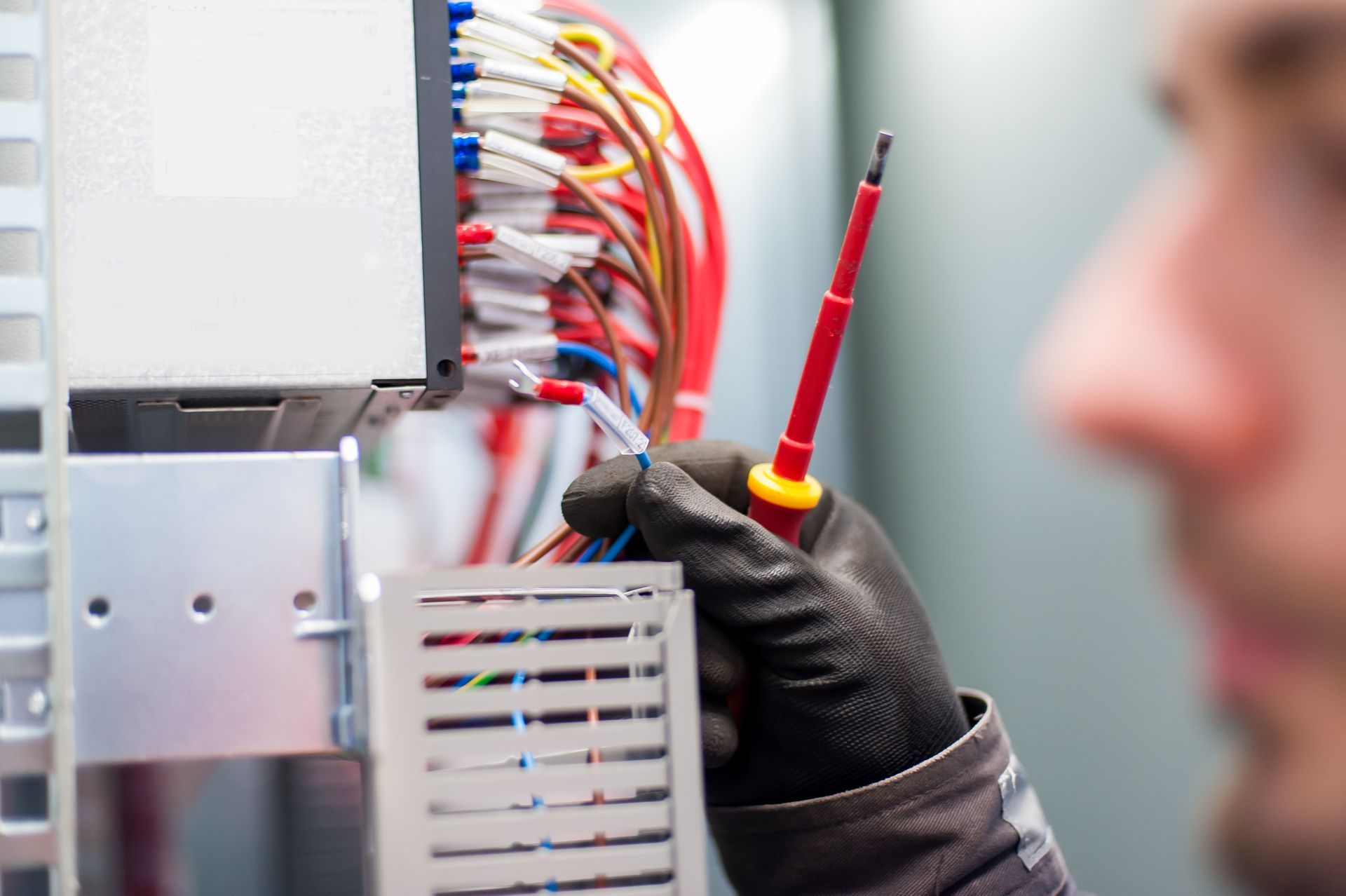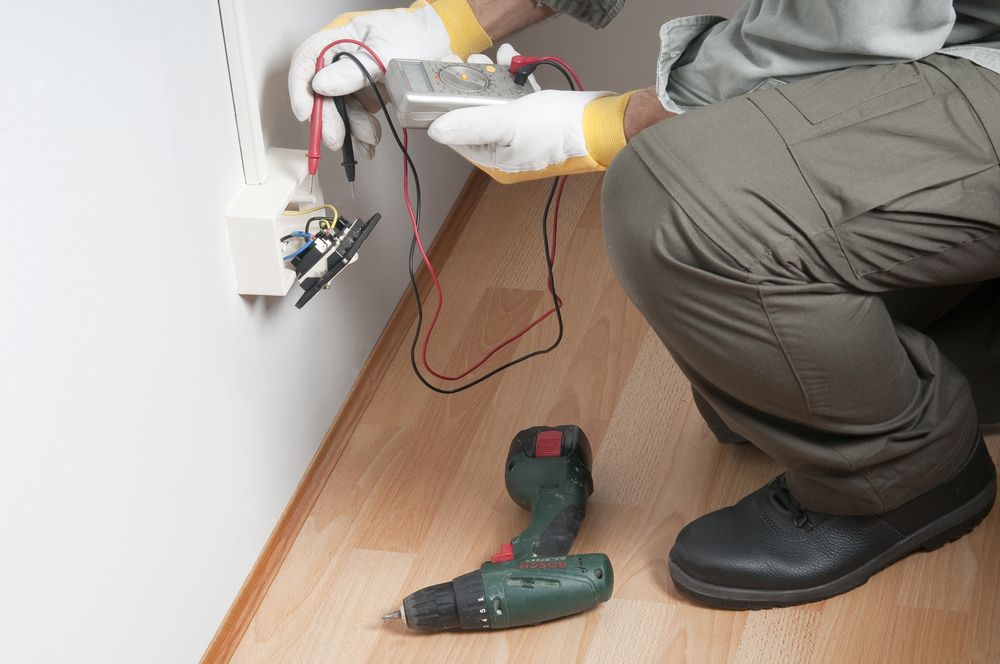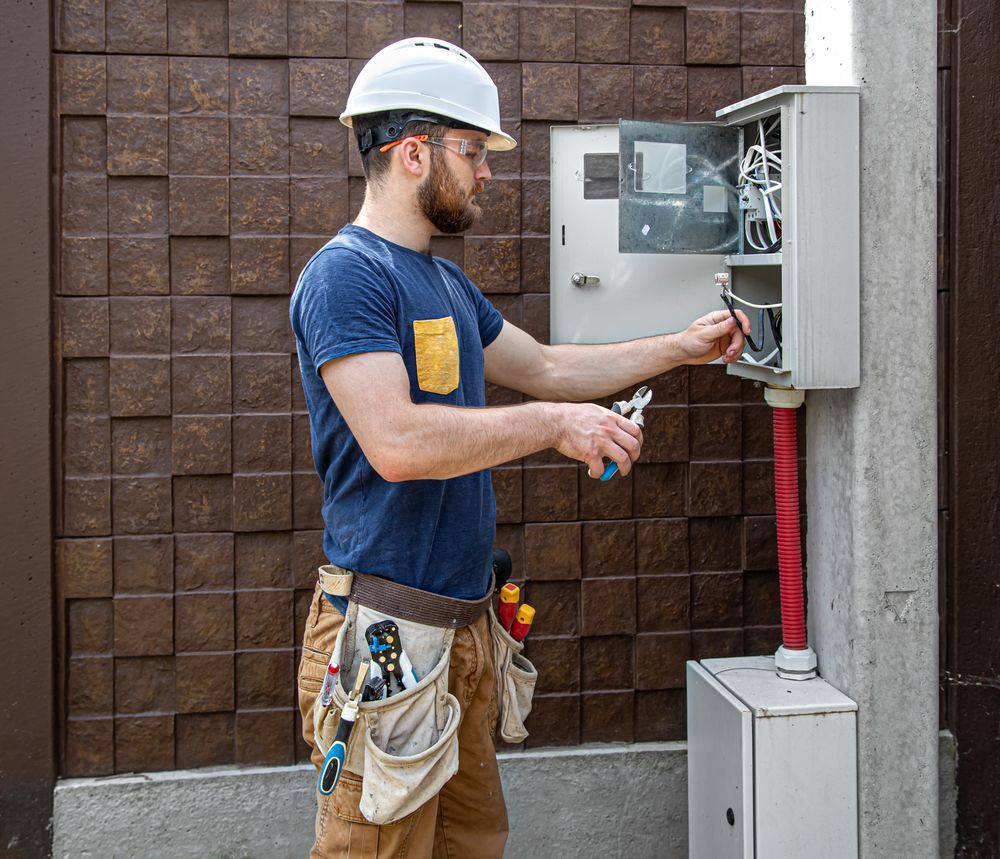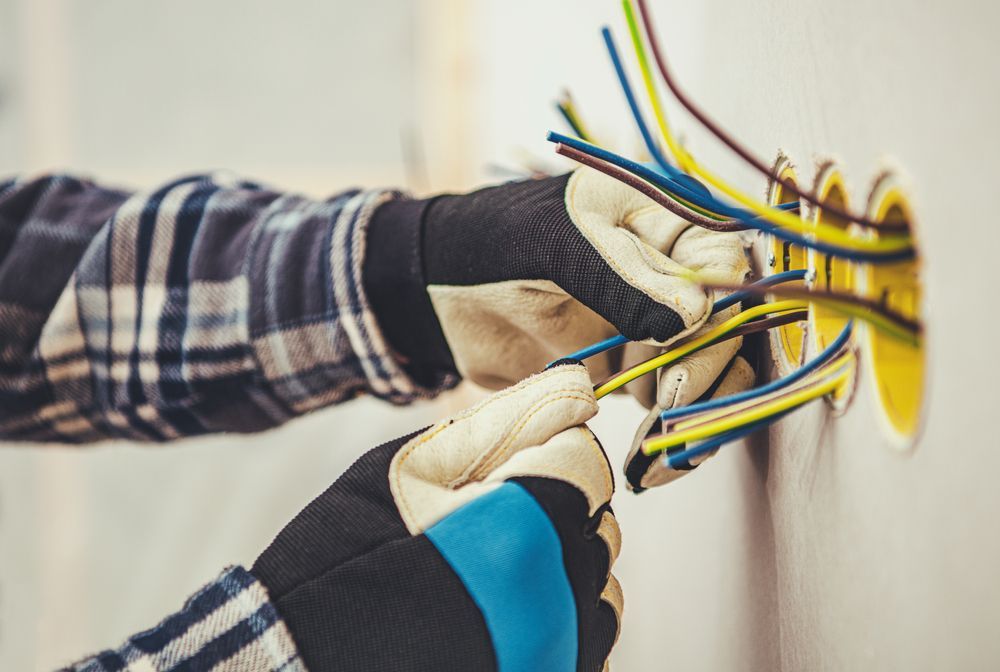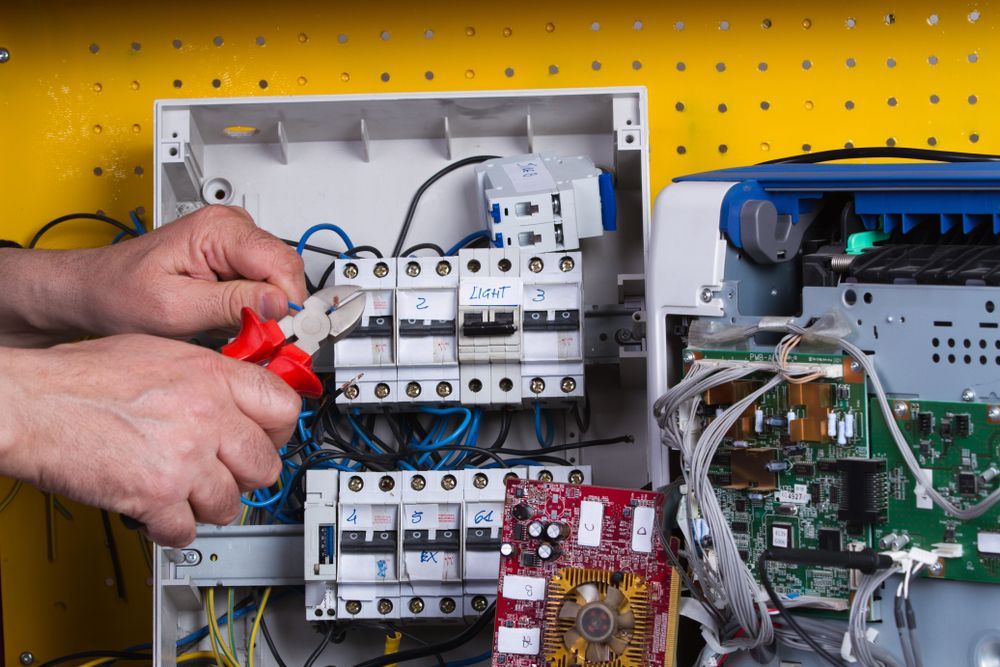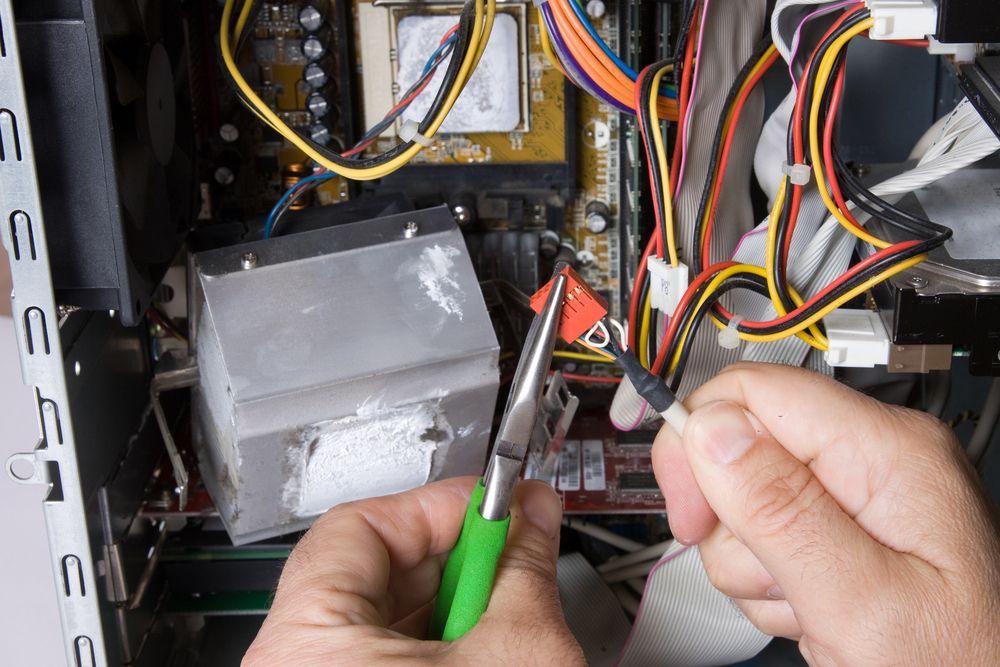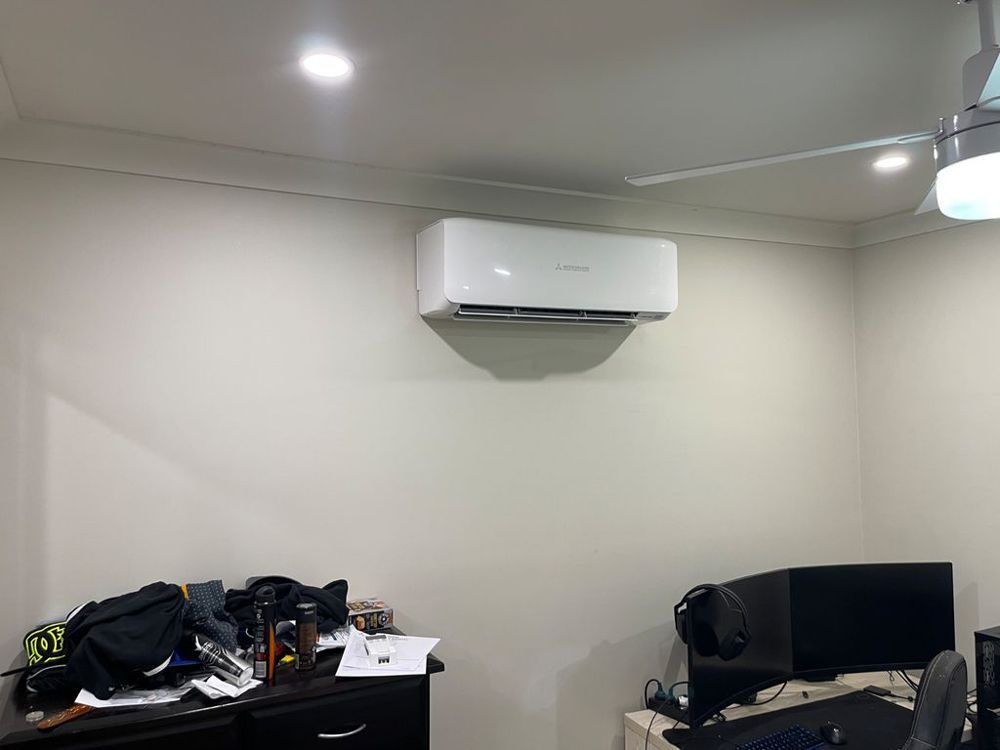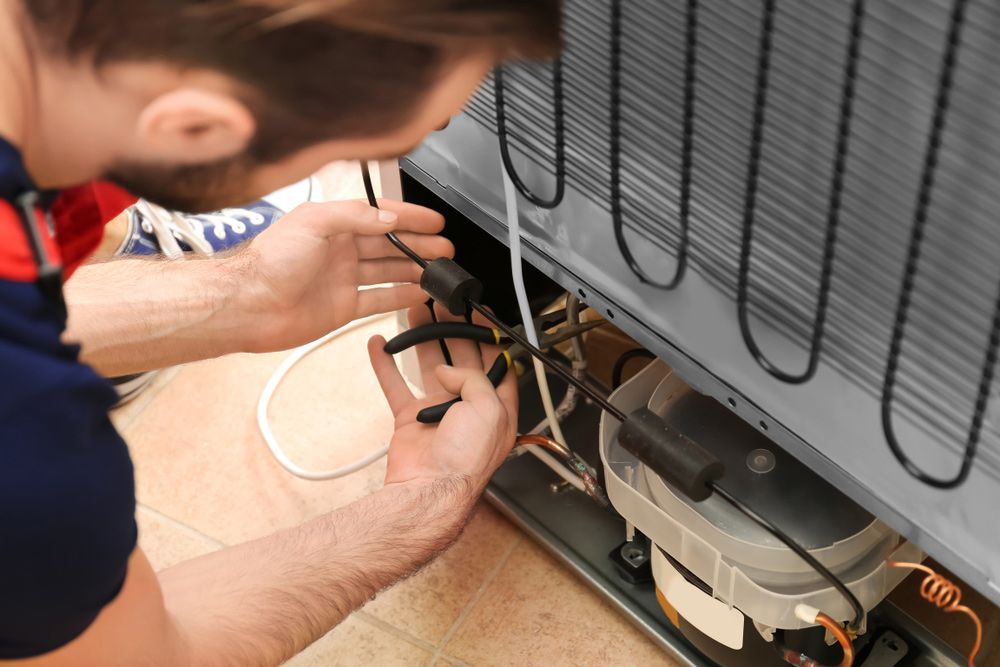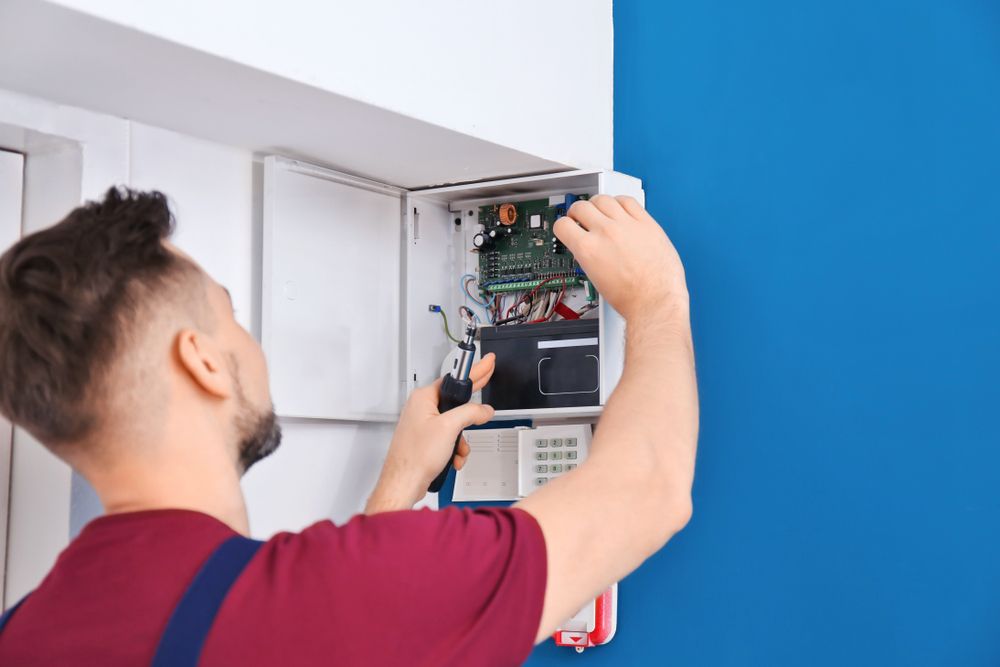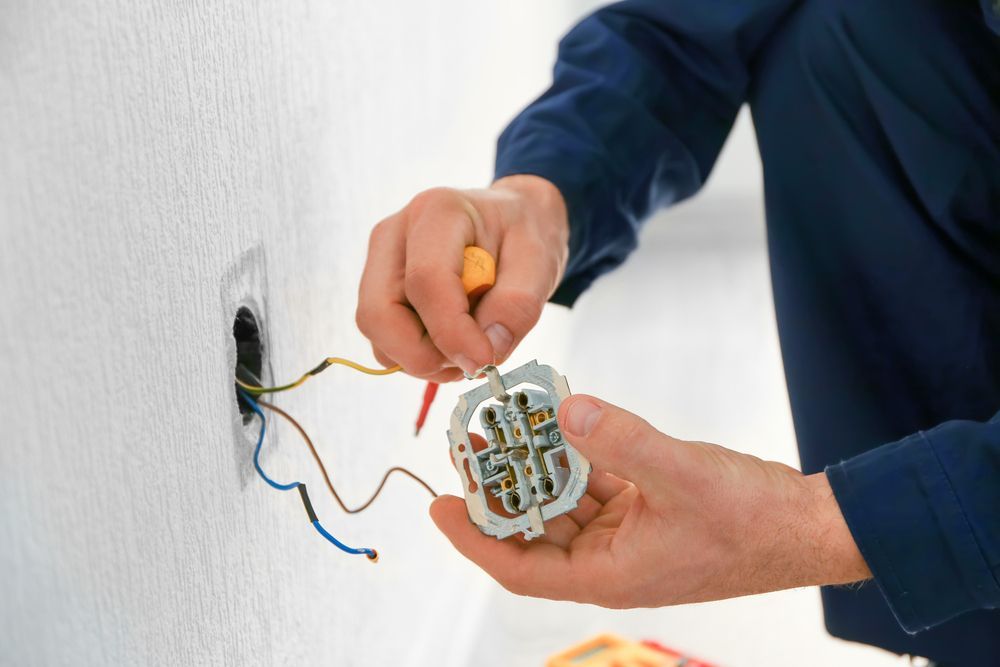Busting 3 Myths About Electrician Work
Electricians in Australia play a vital role in installing, maintaining and repairing electrical systems in homes, businesses and industrial settings. They must be licensed and follow strict safety standards. Training includes apprenticeships and formal education. Their work ensures reliable power and protects the public from electrical hazards and potential dangers. However, several myths about electrician work persist, leading to misconceptions and confusion about the profession. This article aims to debunk some of the most common myths about electricians, providing clarity and insight into their expertise and the safety measures they employ. Let's take a look at three of these common myths to gain a better understanding of the work electricians do.
Myth 1: Electrician Work Isn't Dangerous
Electrician work is inherently associated with numerous risks that, if not properly managed, can lead to serious injuries or even fatalities. The work involves exposure to live wires, high voltage systems and the potential for electrical shocks, all of which require a profound understanding of safety protocols. Furthermore, electricians often work in challenging environments, including high places, cramped spaces and under extreme weather conditions. These environments expose them to potential physical injuries from falls or accidents. Nevertheless, the acknowledgment and understanding of these risks form the foundation for the extensive safety measures in place within the profession.
Before embarking on their careers, electricians undergo rigorous safety training and must obtain certification to ensure they're prepared for the hazardous nature of the job. This training includes detailed instructions on electrical safety standards, equipment handling and emergency procedures. In addition, certification serves as a testament to their proficiency and adherence to industry standards. Organisations like Safe Work Australia provide guidelines that electricians must follow to minimise work-related hazards. Ongoing education and recertification ensure that electricians stay informed about new safety practices and technologies.
Despite comprehensive safety measures, incidents still occur in the field, emphasising the importance of continuous vigilance and adherence to safety protocols. Common incidents include electrical shocks, burns from arc flashes and falls from ladders or elevated positions. Each incident provides an opportunity for learning and improvement in safety procedures. Investigations into these incidents often result in updated safety guidelines and reinforced training programmes. This proactive approach helps protect electricians and those around them, fostering a safer working environment.
The safety of electrical systems depends heavily on the expertise of qualified electricians. In contrast, DIY electrical work often lacks the requisite knowledge and safety precautions, leading to increased incidents of electrical fires and accidents. Professional electricians are trained to safely and efficiently carry out complex tasks, such as installing switchboards, which can take between four and eight hours, according to Forbes. Their training minimises the risks associated with such installations, whereas DIY approaches may neglect critical safety steps, resulting in hazardous outcomes. Hiring a professional mitigates risks and ensures compliance with safety standards.
Myth 2: Electricians Are Overpaid
The perception that electricians are overpaid fails to consider the risk, expertise and intensive training required for the profession. Salary data reflects compensation for not only their skills but also the hazards they face regularly. According to industry data, electricians' salaries are competitive but commensurate with other skilled trades requiring similar levels of training and risk management. These earnings account for their expertise, experience and the critical role they play in modern infrastructure. Analysing salary data reveals a balanced correlation between the responsibilities of electricians and their compensation.
Electricians must possess a wide range of technical and problem-solving skills to navigate their complex work environments. Their expertise covers electrical theory, mathematics, system installation and maintenance, each requiring an in-depth understanding and application. This skill set extends to emerging technologies, necessitating ongoing learning and adaptation to new methods and equipment. Furthermore, the ability to diagnose and resolve issues efficiently minimises disruptions and costs associated with electrical failures. The high level of expertise required justifies the compensation electricians receive.
Becoming a certified electrician involves considerable investment in education and training. Prospective electricians often complete vocational programmes, apprenticeships and certification exams, each with associated costs. This financial commitment is an investment in their future careers, yielding long-term benefits in terms of employment opportunities and salary potential. Certification also requires periodic renewal and additional training to keep up with industry standards. The upfront costs of training and ongoing professional development are factors often overlooked when considering electricians' salaries.
When comparing electricians' pay to that of similar trades, it's essential to consider the complexity and risks involved in each field. Many skilled trades like plumbing and HVAC involve specialised knowledge and are compensated accordingly. Electricians' pay aligns with industry standards for skill, certification and safety requirements. Moreover, each trade has specific demands and working conditions affecting salary structures. Comparative analysis supports the view that electricians are fairly paid for their unique contributions to modern society.
Myth 3: Anyone Can Do Electrician Work
Electrician work requires extensive technical knowledge far beyond basic electrical concepts. Electricians must understand complex systems, including circuit design, load calculations and safety regulations. This knowledge enables them to execute precise and safe installations, repairs and maintenance. A lack of this expertise can lead to faulty work, creating significant safety hazards. The depth of technical understanding required underscores why handyman or DIY approaches don't suffice for electrician tasks.
Entering the electrician profession necessitates meeting stringent licensing requirements and passing rigorous exams. These certifications ensure electricians have the requisite skills and knowledge to perform their duties safely and competently. Licensing is also a means of standardising the profession, protecting consumers from substandard or unsafe work. The necessity for licences also reflects the high level of trust placed in electricians by both clients and regulatory bodies. Through rigorous examination and licensing, electricians demonstrate their proficiency and commitment to safety standards.
The distinction between professional and amateur electrical work is often evident in the quality, safety and longevity of the installations or repairs. Professionals adhere to strict industry codes and best practices, ensuring reliable and compliant electrical systems. Amateurs, lacking necessary experience and understanding, may overlook critical safety measures and regulations. This oversight can lead to increased risks of accidents or fires, as inadequate installations fail to meet necessary standards. Professional work guarantees adherence to codes and provides a safety net against potential hazards.
The complexity of modern electrical systems requires electricians to possess intricate knowledge and problem-solving abilities. Electricians must be capable of interpreting blueprints, diagnosing system issues and implementing effective solutions across residential, commercial and industrial settings. As electrical systems evolve to include smart technologies and renewable energy sources, the need for skilled professionals becomes even more pronounced. This complexity highlights why technical training and experience are vital for successful electrician work. Understanding these systems ensures electricians can effectively manage and maintain infrastructure.
Dispelling these myths about electrician work shines a light on the true nature of the profession, highlighting the skills, knowledge and dedication required to succeed in the field. By understanding the realities of electrician work, we can better appreciate the vital role electricians play in our society and foster a more informed perspective on the challenges and opportunities they face. From safety protocols to technological advancements, electricians' work is diverse, specialised and essential, reflecting their critical contributions to modern infrastructure and sustainable practices. Reach out to Entire Trades to see the kinds of electrical work we offer.

